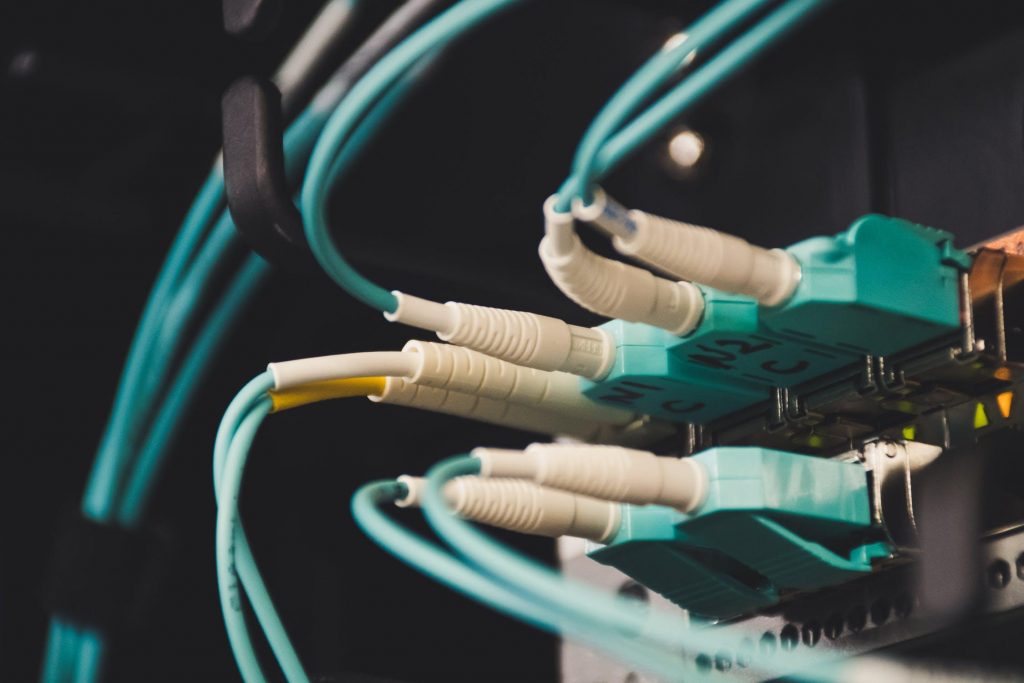A KPMG survey on 1000 small and medium-sized businesses in the UK revealed that 51% don’t believe they are vulnerable to cyber breaches. Ironically, 60% of the businesses surveyed had experienced cyber security attacks before. Cyber attacks are devastating for businesses. The 2019 Cyber Security Report reveals that:
- Ransomware has shifted target from consumers to businesses and infections have risen by 12 percent
- Supply chains are still soft targets and attacks have shot up by 78 percent
- 4800 websites are compromised each month through formjacking
- 43 percent of cyber attacks are on small businesses
- Only 14 percent of small businesses have set effective barriers against cyber risks and attacks
- 62 percent of businesses fail within six months of a cyber security breach
- Malicious intent accounts for 48 percent of security breaches. System failure and human error account for the rest.
How do Cyber – Attacks Happen?
A lot of attacks are subtle and hard to detect. Cyber –attacks are usually executed through hijacking traffic, mobile attacks, or phishing emails. There are, however, more blunt methods like Distributed Denial Service (DDoS) where hackers send you massive traffic in order to crash your system. ( This happened to Reddit, Twitter, and Spotify in October 2016).
Phishing is, however, the common way of launching cyber attacks.
What are the consequences of cyber attacks?
A 2017 CSO report predicts that cybercrime cost will surpass $ 6 Trillion per year by 2021. Data breaches don’t just lead to monetary losses, they lead to loss of reputation.
A KPMG survey of businesses whose cybersecurity was breached revealed that 89% of them suffered damaged reputation. If customers can’t count on you to keep their data safe, they will be cautious about using your services.
How to prevent cyber attacks
1. Identify threats
Most businesses handle sensitive data that if leaked, it can ruin the business. Hackers are always looking for ways of accessing this data. So, it’s critical to take precautions to protect your valuable information. Identify all the potential threats and deal with them before they ruin your business.
2. Use updated Antivirus software and set up a Firewall
While an anti-virus detects and deletes viruses, a firewall prevents them from invading your computer. A firewall basically filters all the information that goes back and forth between to your computer and the internet and blocks viruses from infiltrating your computer.
3. Use VPN
What’s a VPN? A virtual private network (VPN) creates a private network across public networks. It enables users to exchange data through public or shared networks as if their devices are connected to the private network.
If you are small to medium-sized business, some of your employees are likely to work remotely. Tablets and smartphones now make it easy to work even in your commute or anywhere else out of office.
But if you don’t ensure your team is using a secure network, you will be vulnerable to cyber attacks. Hackers can intercept your data, especially if you’re using public WiFi.
A VPN can be used on any device and from anywhere to encrypt data and thus secure it from hackers.
4. Use Two-factor Authentication
You can limit your exposure to cyber attacks by encouraging employees to use two-factor authentication. This system adds one more step to accessing accounts. When accessing accounts, you have to use your password and extra code that’s sent to your smartphone.
Double authentication adds a layer of security and discourages cyber attacks.
5. Conduct regular audits
As your business grows, you get to a level where you can’t compromise on cybersecurity. And so, to minimize the risk of data breaches, you need to have cybersecurity experts audit your system.
In addition, you need to hire an in-house cybersecurity expert who’ll handle the daily security related problems.
6. Get cybersecurity insurance
Cyber liability insurance protects your business from set cybersecurity threats. If there is a breach of security ad your business is held responsible, you may have to pay huge amounts of money in lawsuits. This can ruin most small and middle sized companies. If you’re protected by cyber liability insurance, you don’t have to fret about this. With the right type of insurance, your costs will be covered.
7. Have knowledge about risk factors
The more you know about the cyber threats your business faces, the more effective the security measures you will take. Plan systematic audits of your business and translate audit findings to a clear set of rules and regulations that all employees use.


